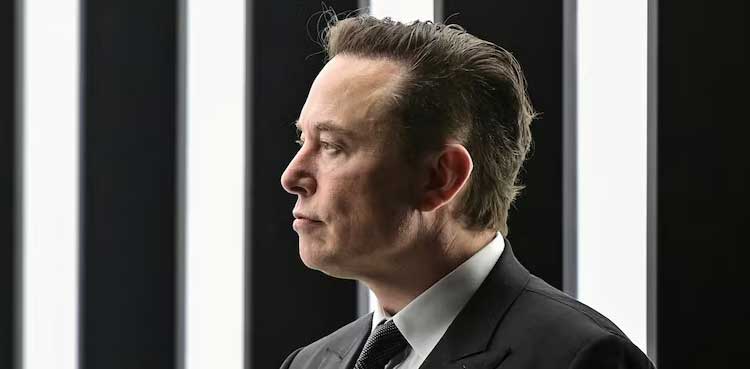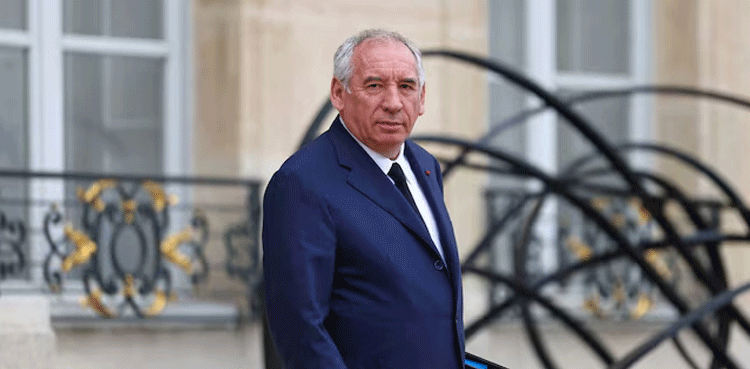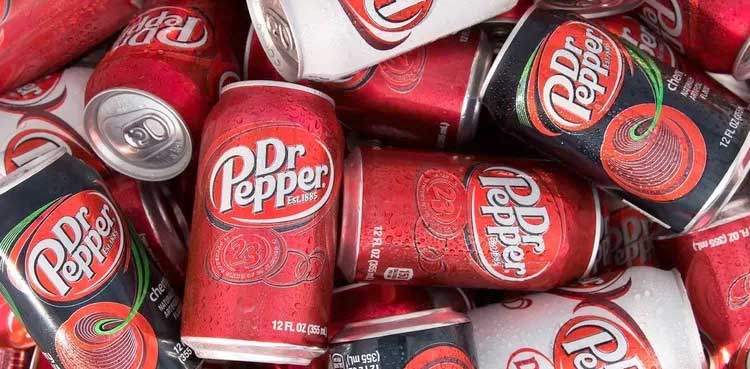Oil prices edged down on Tuesday after surging nearly 2% in the previous session, as traders kept a close watch on developments in the Russia-Ukraine conflict for the potential impact on fuel supplies from the region.
Brent crude futures fell 16 cents, or 0.23%, to $68.64 per barrel at 0005 GMT, while West Texas Intermediate (WTI) crude futures also lost 16 cents, or 0.25%, to $64.64.
Both contracts rose to their highest in over two weeks on Monday, with WTI futures climbing above the 100-day moving average.
“The risks for crude oil prices appear tilted toward further gains, particularly if the price sustains a move above the $64–$65 resistance level,” IG analysts said in a note.
Oil’s rally on Monday was primarily driven by concerns of supply disruptions as Ukraine struck Russian energy infrastructure, and as traders anticipated more US sanctions on Russian oil.
Read more: Fire at nuclear plant after Russia downs Ukrainian drone
The attacks disrupted Moscow’s oil processing and exports, created gasoline shortages in some parts of Russia, and came in response to Moscow’s advances on the front lines and its pounding of Ukraine’s gas and power facilities.
Barclays, in a note to clients on Monday, said that oil prices remain in a tight range amid geopolitical volatility and relatively resilient fundamentals.
US President Donald Trump has renewed his threat to impose sanctions on Russia if there is no progress towards a peace deal in the next two weeks.
Traders are also awaiting the latest US inventory data from the American Petroleum Institute (API) later in the day, with expectations pointing to a fall in crude and gasoline stocks but a possible build in distillate inventories.









